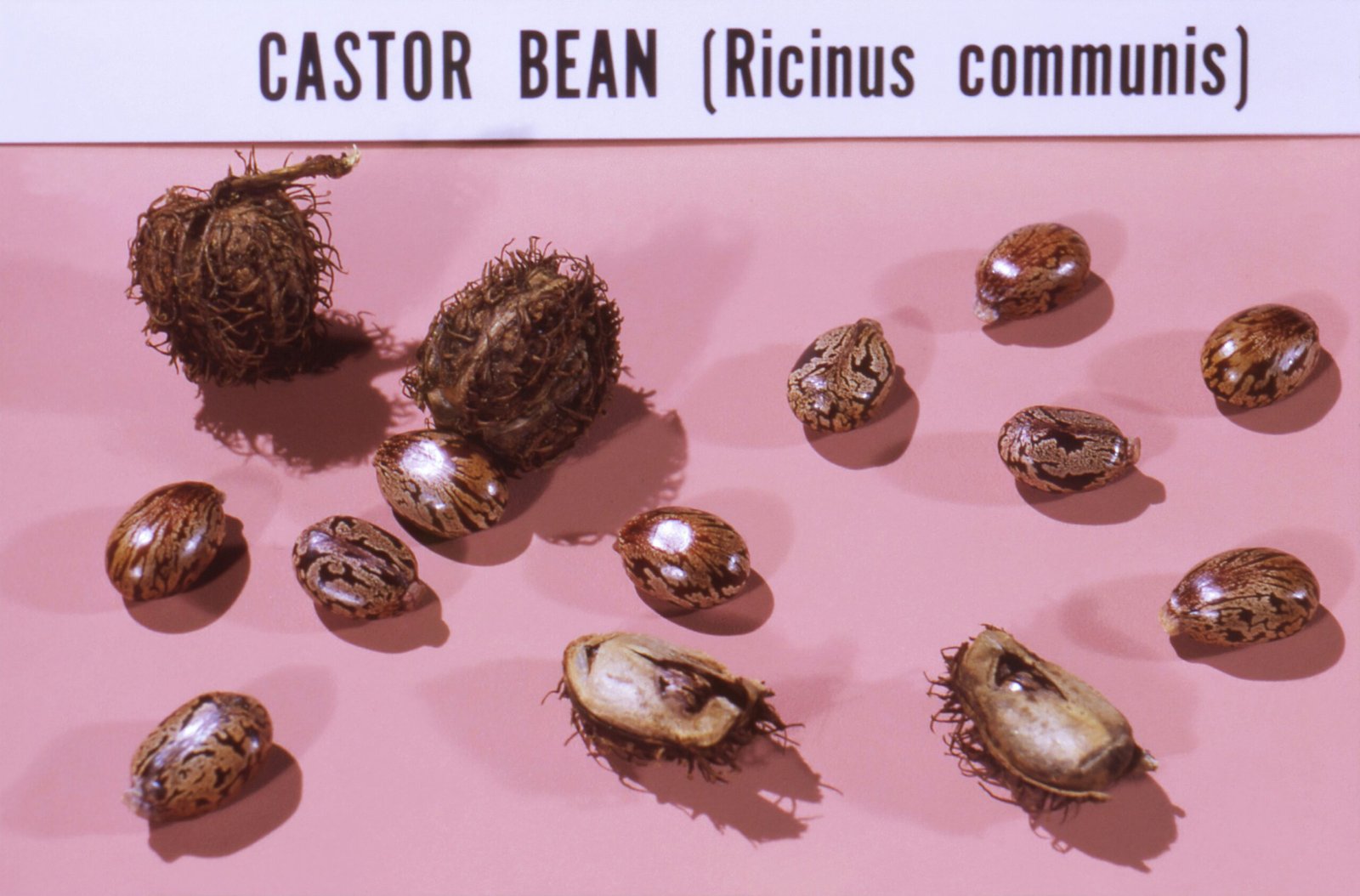Understanding Methanol Poisoning
Methanol poisoning is a serious health risk that arises from the consumption of methanol, a type of alcohol that is particularly toxic to humans. Methanol and ethanol, the latter being the primary alcohol found in beverages, differ significantly in their chemical structure and effects on the body. Ethanol can act as an antidote for methanol poisoning because it competes with methanol for metabolic processing in the liver, thereby reducing the formation of harmful metabolites. In contrast, methanol is metabolized into formaldehyde and formic acid, which leads to metabolic acidosis, neurological damage, and, in severe cases, death.
The symptoms of methanol poisoning may not manifest immediately and can include headache, dizziness, nausea, vomiting, and abdominal pain. As the condition progresses, individuals may experience visual disturbances, such as blurred vision or blindness, due to the toxic effects on the optic nerve. This slow onset of symptoms can result in delays in diagnosis and treatment, increasing the risk of gravely harmful outcomes, including organ failure.
Cases of methanol poisoning are often associated with the consumption of homemade or illicit alcoholic beverages, particularly in regions where regulatory measures regarding alcohol production are lax. These beverages may mistakenly contain methanol as a result of improper distillation processes or contaminated sources. It is imperative for individuals to be aware of the potential dangers tied to consuming unregulated alcohol products to avoid the risk of methanol ingestion.
In light of these factors, public awareness campaigns focusing on the dangers of methanol contamination in alcoholic beverages serve a critical role in prevention. Education about safe drinking practices and the identification of potential sources of methanol can significantly reduce the incidence of poisoning, protecting individuals from the tragic consequences associated with this toxic substance.
Recent Incidents in Laos
The recent tragic incidents involving U.S. tourists in Laos have raised significant concerns regarding public health and safety, particularly surrounding the issue of methanol poisoning. The timeline of these unfortunate events began with the first reported case in early October 2023, when two American tourists were hospitalized after consuming contaminated alcoholic beverages. Following their hospitalization, health officials urged travelers to exercise caution when consuming drinks in the region, especially those from unregulated sources.
By mid-October, a second tourist succumbed to the effects of suspected methanol poisoning, reinforcing the alarming trend. The authorities in Laos responded by conducting investigations into the sources of the contaminated alcohol, pinpointing various outlets where the illicit products may have originated. Reports suggested that these establishments often marketed their beverages as locally made or traditional without disclosing the risks associated with unregulated production methods.
These recent incidents have not only prompted health authorities to issue warnings but have also raised critical questions regarding the safety standards of alcohol sold in tourist areas. As the third U.S. tourist tragically passed away in late October, the urgency for regulatory reforms in the alcohol industry intensified. The local tourism sector, heavily reliant on foreign visitors, is feeling the repercussions. Many tourists are reconsidering their travel plans to Laos, apprehensive about the safety of dining and drinking establishments.
With increased scrutiny from international media and travel advisories, it is imperative for local officials to enhance safety measures and implement stringent regulations for establishments serving alcohol. The focus on improving the oversight of alcoholic beverages can help restore the confidence of travelers, safeguarding both public health and the future of tourism in Laos.
Safety Measures for Travelers
Traveling to new destinations, including Laos, can be an enriching and memorable experience; however, it is essential to take certain precautions to ensure personal safety. One of the first steps that travelers can take is to choose their drinking establishments wisely. Opt for well-known bars or restaurants with good reviews and a reputation for quality service. Avoid street vendors or less reputable locations where the alcohol may be of uncertain origin, as these places can pose a higher risk for methanol poisoning.
Recognizing the signs of methanol poisoning is crucial for ensuring prompt medical treatment. Symptoms often include headache, dizziness, nausea, vomiting, and blurred vision. In more severe cases, individuals may experience confusion or even loss of consciousness. Travelers should be vigilant and aware of their limits and should avoid indulging in excessive alcohol consumption, especially in unfamiliar surroundings. If any symptoms arise after drinking, medical assistance should be sought immediately; identifying the issue early can be vital for recovery.
It is equally important for travelers to be familiar with local customs and potential health risks associated with alcohol consumption. Researching these factors prior to visiting can provide valuable insights into safe practices and cultural norms. Additionally, being aware of the legal drinking age and regulations concerning alcohol can further enhance a traveler’s experience while ensuring safety. Carrying a list of local emergency contacts, including the nearest hospital and trustworthy local guides, can also be a helpful precaution. Planning ahead not only aids in safety but allows travelers to immerse themselves in the culture without unwarranted risks.
The Role of Government and Organizations
The recent tragic incidents of methanol poisoning among tourists in Laos have brought to the forefront the critical role of government and various organizations in safeguarding public health and ensuring tourist safety. The Laotian government is faced with the pressing challenge of regulating alcohol production and distribution, particularly in relation to illicit and unregulated products that can pose significant health risks. Current regulations surrounding the production of alcoholic beverages are often seen as inadequate, as they may fail to comprehensively address the safety concerns associated with methanol contamination. Strengthening these regulations could be pivotal in mitigating the risks associated with alcohol consumption.
Additionally, health organizations, both local and international, have a crucial part to play in raising awareness about the dangers of methanol poisoning. They can contribute by developing educational campaigns aimed at tourists, highlighting the risks of consuming alcohol from unverified sources. These campaigns should focus on informing tourists about how to recognize safe products and steer clear of potentially harmful beverages. Furthermore, these organizations can work in collaboration with the Laotian government to ensure that health standards are strictly enforced, particularly in the hospitality industry where tourists frequent.
In light of these incidents, international tourist agencies must also be proactive in communicating safety information to travelers. They can establish partnerships with local authorities to monitor alcohol safety and support initiatives that promote responsible drinking. Cooperation among governments, health organizations, and tourist agencies can lead to enhanced monitoring of alcohol safety standards and practices. Implementing more rigorous training programs for vendors and promoting greater transparency within the local alcohol market are essential steps needed to prevent further tragedies related to methanol exposure. Each stakeholder plays an integral part in fostering a safe environment for those who visit Laos, underscoring the importance of collective responsibility in ensuring the safety of all.







